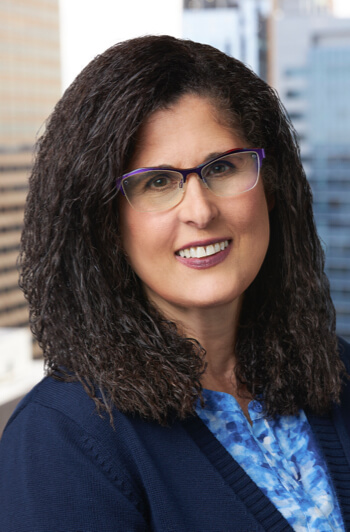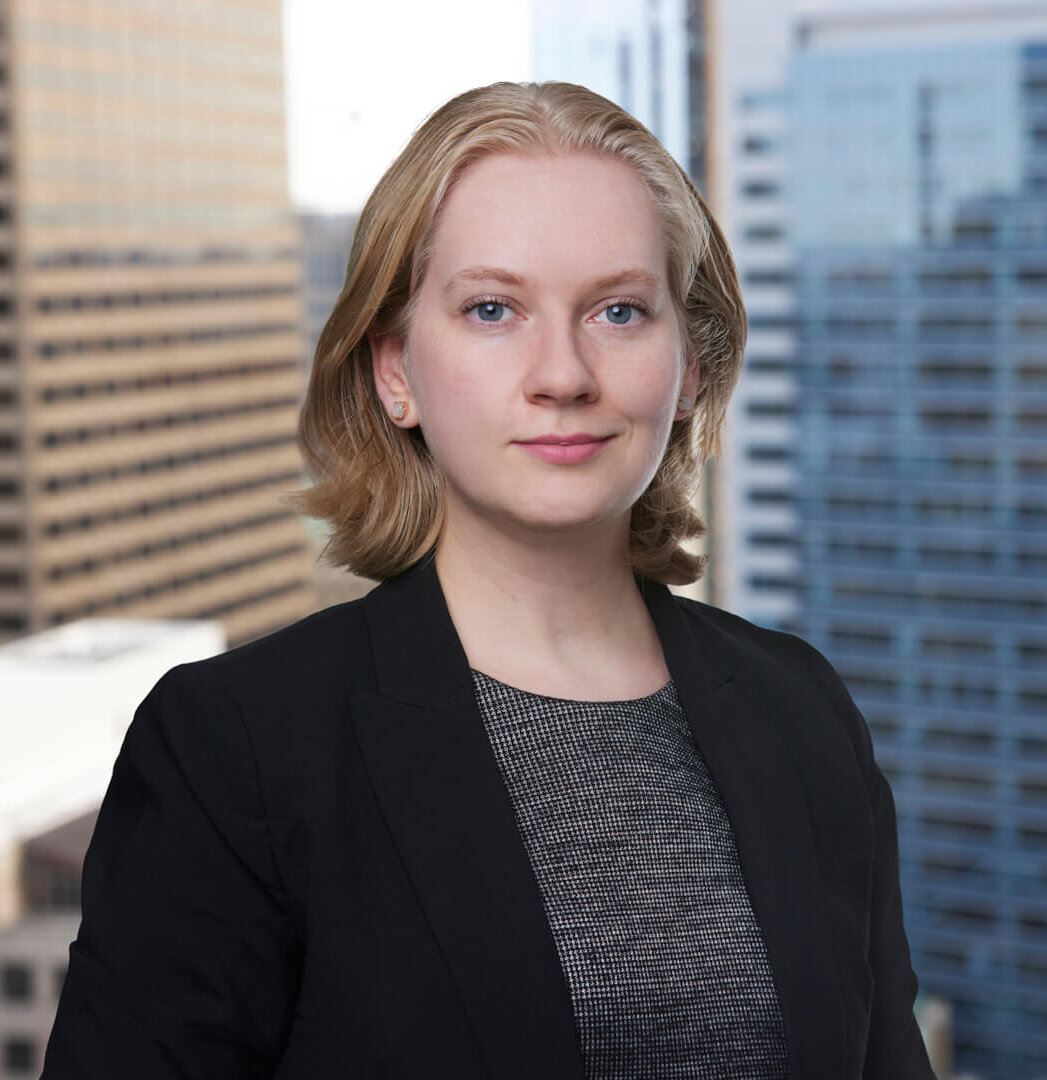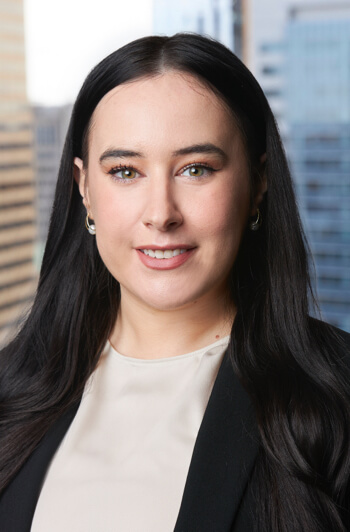Estate planning is a broad practice area that helps individuals prepare a legacy for their loved ones after they pass away. It’s also an effective tool for anticipating major life changes before they occur. Seder Law’s estate planning attorneys create customized plans for clients, their families, and their businesses while helping them minimize taxes, preserve assets, and avoid probate. We’re ready to discuss your objectives and get started on a plan to implement them today.
The Basics Of Estate Planning in Massachusetts
Most estate plans begin with the last will and testament, customarily referred to as the will. The will is a legal instrument that dictates who will inherit your property and other assets (collectively known as your estate) after you die. A will also identify who will manage your estate and distribute its assets according to your wishes. This individual, known as the executor, also ensures that creditors are paid from your estate for valid final expenses you owe upon your death.
A trust is a legal entity created by one party (the grantor) that gives another party (the trustee) the right to hold certain assets and funds for the benefit of a third party (the beneficiary). Trusts are created for many reasons, including providing guaranteed financial support for beneficiaries and minimizing taxes. Contrary to popular belief, they are not only for the wealthy, either. In addition to the above functions, trusts can be used to:
- Assist with a business succession plan
- Help manage business and personal finances
- Avoid the time and cost of probate
- Provide for the care of pets in the event the owner is unable to do so
There may be situations in which an individual becomes incapacitated or otherwise unable to make decisions on their own. For these circumstances, there are three main legal instruments you should consider executing:
- Power of Attorney. This document enables an individual, known as the attorney-in-fact or agent, to make financial and other personal decisions on behalf of another person (the principal).
- Health Care Proxy. Similar to a power of attorney, a health care proxy is used to make health care decisions when the testator (the individual who makes the proxy) cannot.
- Living Will. This instrument is specifically for end-of-life decisions when someone is unable to make those decisions. For instance, a living will dictate the circumstances under which someone in a coma is to be removed from life support.
Business Succession Planning
If you’re a business owner and were suddenly incapacitated, who would run your company? How would employees be paid? How would your expenses be handled? This is where sound business succession planning can be useful. It is a comprehensive strategy for passing leadership of a company to a designated individual or group of individuals who are ready to take over.
Choosing the right business succession plan involves several important factors. The primary objective is to ensure that business operations run smoothly if you are suddenly not able to be in charge anymore. But it can also be used to plan for the retirement or departure of other leaders within the company and thereby avoid major disruptions to operations.
Caring For Your Loved Ones
You can designate someone to care for your minor child if something happens and you are unable to do so. This is known as creating guardianship. The guardian should be a trusted individual, as this person will have the power to make important decisions for your child. But when executed correctly, guardianship can ensure your child will be cared for by the people you want.
Seder Law also practices in the area of elder law, which covers various aspects related to the legal needs of the elderly. If you have an aging parent or one who has started to show signs of mental or cognitive limitations, you should consider discussing the following with an attorney (among other topics):
- Medicaid and healthcare planning
- Financial power of attorney
- Tax planning and asset protection
- Funding for nursing homes and other long-term care facilities
- Appointment of a guardian or conservator
Other Estate Planning Issues
In addition to the above services, Seder Law assists with the following:
- Executing documents to effectuate gift transfers to loved ones
- Avoiding or minimizing probate, a time-consuming and expensive court process used to settle estates
- Establishing private foundations and charitable organizations
- Creation of special needs trusts to care for individuals who need special support
- Spendthrift trusts limit how and under what circumstances beneficiaries may access trust funds
There are numerous options for managing your personal, family, business, charitable planning, and other interests after you pass away or if you become incapacitated. It begins with selecting a law firm dedicated to helping you achieve your goals.
When you retain the estate planning firm of Seder Law, we get to work laying out precisely what your objectives are. This is typically an in-depth conversation that touches on your property, assets, debts, tax liabilities, plans, and much more. Then, we lay out several options for you to consider and explain the legal implications of each one. Finally, when you have decided which instruments will best serve you and your family, we get to work carefully drafting and executing them.
Contact Our Worcester and Westborough Estate Planning Attorneys
Seder Law’s estate planning attorneys understand how best to protect what matters most to our clients. We know you’re concerned about providing for your family in your absence, and we aim to help you have peace of mind by crafting a customized estate plan for you. Contact us today to find out more.
Seder Law helps clients with estate planning law in Worcester from their primary office as well as clients throughout MetroWest from their Westborough office.









